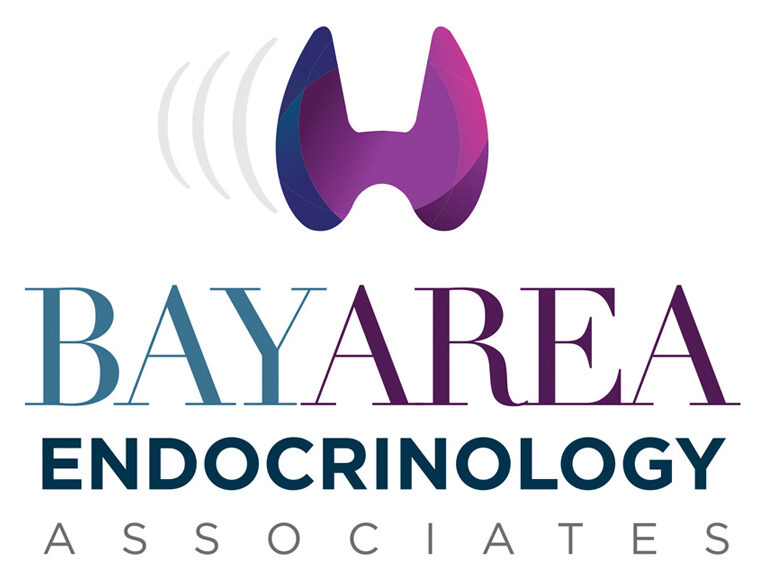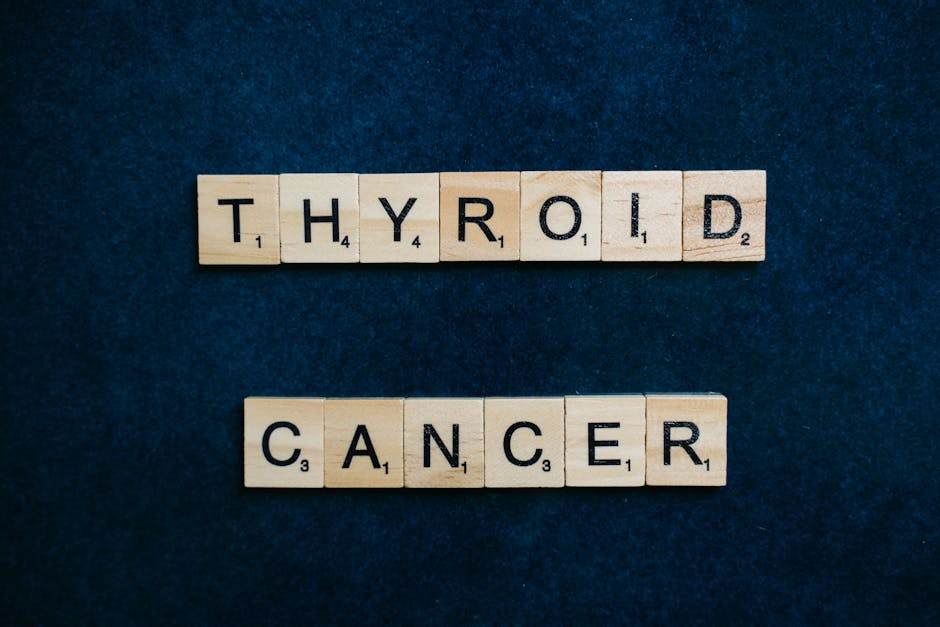Thyroid diseases are common among females, with an estimated 1.6-2% of all women suffering from thyroid problems, either hypothyroidism or hyperthyroidism. This disease, in general, can be challenging to diagnose and manage. Patients may not be aware of the signs and symptoms, and even when they seek medical attention, the condition, in many cases, has already progressed too far for effective treatment. It is essential to note the signs and symptoms earlier so that patients can take preventative measures. If detected early enough, the symptoms can be treated effectively by an endocrinologist.
What Is Thyroid?
The thyroid gland lies in the front part of the neck. It is a butterfly-shaped organ that produces hormones that affect your metabolism and how your body uses energy. It wraps around both sides of the windpipe (trachea), connecting to muscles in front of each breastbone (sternum). The pituitary gland, a pea-sized organ at the base of the brain, controls it. The pituitary gland makes thyroid-stimulating hormone (TSH), which tells the gland how much hormone to make. As noted above, there are two types of problems, hypothyroidism and hyperthyroidism.
What is hypothyroidism?
Hypothyroidism (underactive thyroid) is by far the most common condition. Women are about nine times as likely as men to develop hypothyroidism, with the peak age of onset being between 35 and 55 years old. The condition is usually diagnosed in middle-aged women and older. It is defined as an under-functioning thyroid gland. The hormones T3 and T4 are either not produced in adequate quantities or are not released into the bloodstream. Changes in the metabolism of proteins, carbohydrates, and fats characterize hypothyroidism. The gland shapes the development of an embryo and fetus during pregnancy. It also influences our weight, muscle strength, energy levels, heart rate, digestion, and body temperature.
What is hyperthyroidism?
Hyperthyroidism (overactive thyroid) is a condition in which the gland produces too much hormone. Hyperthyroidism causes a person to experience fever, anxiety, nervousness, sweating, and a rapid heart rate. The condition can also cause irregular menstrual periods and infertility.
Symptoms of thyroid problems in females
The symptoms may vary depending on whether the disorder is hypothyroidism or hyperthyroidism.
Symptoms of hypothyroidism in females
1. Weight gain
Weight gain is a common symptom of hypothyroidism. The weight gain may result from decreased metabolism due to insufficient hormones, resulting in energy loss and fat accumulation.
2. Fatigue
Fatigue is another common symptom of hypothyroidism. It increases the risk of depression, heart problems (including heart attack), or diabetes when associated with low energy levels and reduced physical stamina. In women, it can also impact their fertility or ability to become pregnant.
3. Low body temperature (hypothermia)
Hypothyroidism often causes hypothermia, during which the average body temperature of a person is below 98.6 degrees Fahrenheit. It is common for hypothyroid patients to feel cold even in warm places and situations.
4. Infertility
Another common symptom of hypothyroidism is infertility (failure to conceive). If the problem is severe, people may become infertile as early as their teenage years.
5. Hormonal changes in the menstrual cycle
Women may notice their menstrual periods becoming heavier, more frequent, irregular, or stop altogether. When the problem is not corrected, women might also experience vaginal dryness and painful intercourse.
6. Mood swings or depression
Mood changes are common among hypothyroid patients due to an overstimulated central nervous system (CNS). Patients may experience heightened sensitivity to external stimuli (irritability, oversensitivity to the slightest thing) or a sense of isolation.
7. Anxiety
People with hypothyroidism may feel nervous or tense, while others might experience anxiety and panic attacks. The anxiety can be so intense that patients tend to avoid social situations, which can fuel further depression and even worsen the condition.
8. Sleepiness
Patients struggle to stay awake and feel drowsy even during daytime activities. They experience an overwhelming sense of tiredness or fatigue at the beginning of each day, and even after a whole night’s sleep can feel exhausted at work.
Symptoms of hyperthyroidism in females
1. Extreme nervousness
When hyperthyroidism occurs, a person might feel very nervous and restless with a fast heartbeat (tachycardia). The symptoms could be associated with feelings of anger or irritability.
2. Irregular menstrual cycles or no menstruation
If the condition is inaccurately treated, it can cause irregular menstrual cycles or even delay or stop menstruation altogether due to excessive hormone secretion. This is called amenorrhea.
3. Depression
People with hyperthyroidism are more prone to depression than those with hypothyroidism. When combined with other symptoms, hyperthyroidism can cause severe emotional distress, complicating treatment and increasing the risk of suicidal thoughts or actions.
4. Weight loss
As a result of increased calorie intake and reduced metabolism, people with hyperthyroidism often experience rapid weight loss (anorexia).
5. Increased risk for heart disease
Patients with hyperthyroidism experience increased cholesterol (hypercholesterolemia) due to increased cholesterol production by the liver and fat deposits in the arteries (atherosclerosis).
6. Muscle weakness and tremors
A fast heartbeat and high blood pressure can result in muscle weakness, especially in the legs. When hyperthyroidism occurs, patients may experience symptoms such as muscle cramping, trembling or shakiness, and problems with coordination (ataxia).
7. Hair loss
Hair loss or hair thinning is one of the most common symptoms of both hypothyroidism and hyperthyroidism. The hairs on the head are not as elastic as they should be, which results in hair breakage and excessive shedding.
Treatment
If you notice any of these symptoms, it is vital that you seek medical attention from a Bay Area endocrinologist doctor. Bay Area physicians specialize in treating hormonal diseases. The goal of treatment is to reposition the patient’s gland so that it functions properly and produces average amounts of hormones. Treatment depends on the patient’s medical condition. The doctor will order one or more blood tests to evaluate the patient’s problem and determine the treatment needed.








